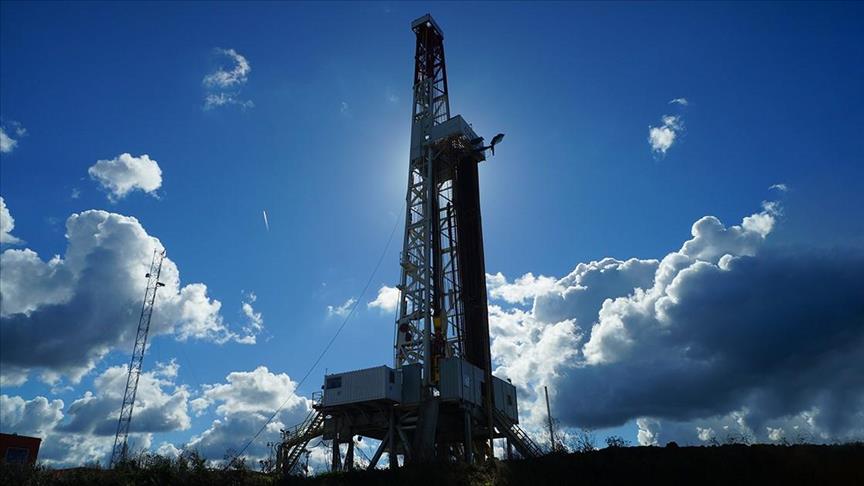Oil and gas exploration activities in 2020 have been resilient, despite concerns that the COVID-19 pandemic would drive down discovered volumes to their lowest levels in decades, according to an analysis published on Monday by Norway-based independent research institution Rystad Energy.
Discovered resources already exceed 8 billion barrels of oil equivalent (boe) and are projected to settle at around 10 billion boe by the year-end. About 3.75 billion boe, or 46% of total discovered volumes, are gas while liquid volumes are estimated at 4.31 billion boe.
Yet-uncounted resources in finds like Sakarya in Turkey point to an additional upside, meaning that 2020 is set to avoid returning to the multi-decade low seen in 2016 at just 7.7 billion boe, the analysis revealed.
'Global oil and gas operators will chase plenty of additional volumes in wildcats planned for the final two months of 2020, although some may not be completed until early 2021 and will therefore add to next year’s tally. We believe discovered volumes are likely to settle at around 10 billion boe,' Palzor Shenga, a senior upstream analyst at Rystad Energy, was quoted as saying in the analysis.
- Russia leads in discovered resources
Oil and gas companies' exploration plans have included prospects with higher chances of success in mature areas, as well as high-risk, high-reward wildcats in frontier regions, resulting in some game-changing offshore discoveries, the analysis noted.
Moreover, companies have experienced exploratory success in emerging plays in countries, including Suriname, Guyana, South Africa and Turkey, as well as in proven mature regions such as Brazil and Norway.
In terms of discovery volumes, Russia’s Gazprom leads with a total discovery of 1.51 billion boe. Following Gazprom, Total and Apache Corporation have found around 960 million boe and 700 million boe respectively of net recoverable resources this year, mainly thanks to three major discoveries in Block 58 off the coast of Suriname, the analysis said.
According to Rystad Energy's forecast, only about 4.5 billion boe of the 8 billion boe discovered so far this year would be produced by 2040.
In the coming years, Rystad predicts that annual discovered volumes are likely to settle at a new normal of around 10 billion boe per year, for two main reasons. The first is down to more scrutiny of prospects by oil and gas players due to the streamlining of portfolios and exploration strategies, which will reduce the number of wells that will be drilled.
“In this way, a more stringent selection procedure for drill-ready prospects means that only the ones with the highest chance of success will see a spinning drillbit,” Rystad said.
The second factor involves the reluctance of companies to drill high-risk wells in environmentally sensitive frontier areas, both for financial and environmental reasons. As a result, Rystad said the full petroleum potential of areas might never be unlocked.
Finally, the analysis remarked that increasing access to data and the growth of digital platforms would enable exploration teams to rapidly discover and access basin-scale data, and manage exploration opportunities using data sharing across multi-disciplinary teams.
By Busranur Begcecanli
Anadolu Agency
energy@aa.com.tr


